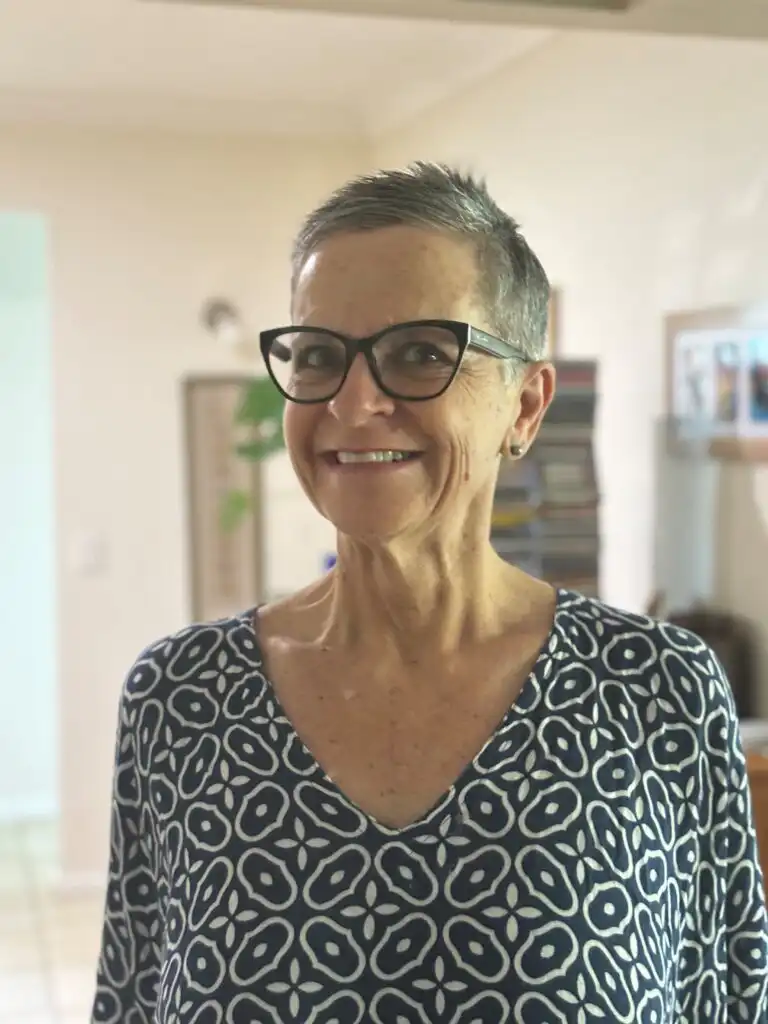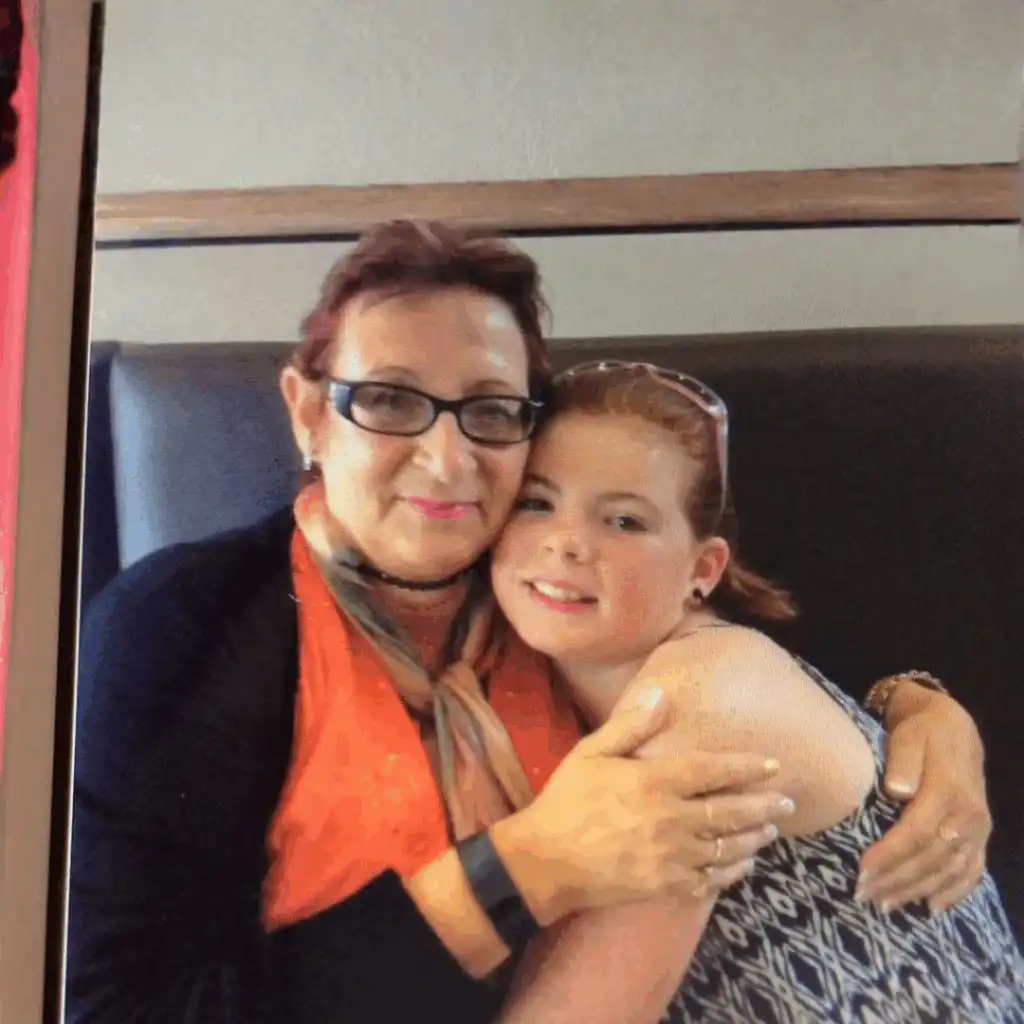It’s a term you may have heard, but what does ‘holistic care’ for Pulmonary Arterial Hypertension (PAH) really mean? The PAH Patient Charter – a document that outlines the standards of care the you should expect to receive for PAH – says your healthcare team should direct you to information and support services that will help you and your family live well PAH. So, other than your PAH specific treatment and care, what support do you need to live your best life?
We spoke with Professor Susanna Proudman to understand more about what holistic care is, what you should expect from your ongoing care and what steps you can take if you feel you’re not getting the most out of your treatment and care. Watch the video or read on below.
What is holistic care for PAH?
Prof Proudman says PAH care is delivered by a team of people who have a range of skills and roles to play to ensure that you receive the best available care and have the best possible outcome. Holistic care is a term that describes care that takes into account every aspect of your disease and you and your needs in total, so that you are right at the centre of the management plan. It also means including you in the team so that your healthcare professionals listen to your preferences, and for decisions about your therapy to be shared between you and your health professionals. They will also direct you towards the right information and the support services that you need for you and your family and carers, need to live well.
Who should be involved in my treatment and care?
There is a whole range of different healthcare professionals involved in your care to ensure you’re getting holistic care for PAH. You’d expect them to all cooperate and to communicate effectively with you and with each other, and that they will then check in with you from time to time to see how you’re feeling about your PAH and your treatment.
Prof Proudman says the first thing that is really one of the important steps in the management of PAH, that underpins the chances of getting the best outcome, is timely diagnosis. You’ll likely meet a range of health professionals and undergo a range of tests on this part of your journey. Sometimes these tests aren’t conducted in a specialist PAH treatment centre.

If a diagnosis of PAH is suspected and confirmed, you should expect that you would be referred to one. You would then meet a whole multidisciplinary team that includes:
- Cardiologists
- Respiratory physicians
- Rheumatologists if you have one of the rheumatic diseases associated with Pulmonary Hypertension.
- Nurses
- Physiotherapists
- Psychologists.
What will my ongoing care for PAH look like?
Prof Proudman says there are things in life that you might need some specific and expert advice about, or maybe some further investigations to enable you to do things safely. This will be different for every individual but holistic care for PAH could include things like:
- Nutrition
- Exercise
- Some people may wish to conceive and have a family
- Contraception and avoidance of pregnancy may be an important topic to discuss with your doctors.
- Career
- Financial planning
- Travel
- Social benefits you might be eligible to receive such as disability support pensions, or even the NDIS
- Palliative care.
What if I feel I’m not getting what I need out of my care?
If you have questions that you don’t think are being answered, write them down and take them in to your doctor or nurse when you have your next appointment. It can be helpful to take somebody with you so that they can remind you of things that have been troubling you and help you remember the answers to your questions.

There are also patient associations or patient organisations, like Lung Foundation Australia, that can provide you with guidance on the type of care that you should be receiving, as well as some of the more practical issues, such as what social benefits might be available too. They can also provide you with the opportunity to speak to other people living with PAH through support group programs.
Was this page helpful?
Good job! Please give your positive feedback
How could we improve this post? Please Help us.



